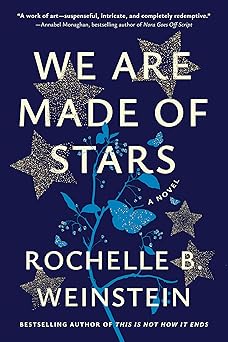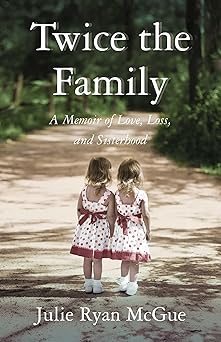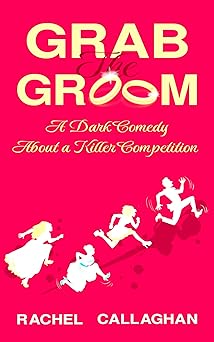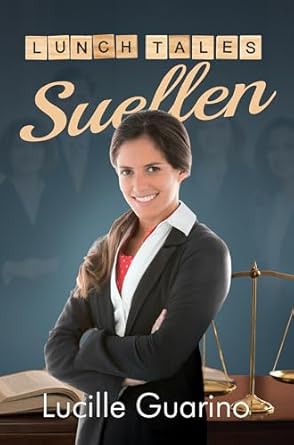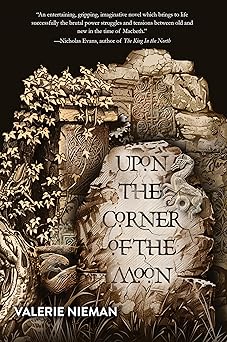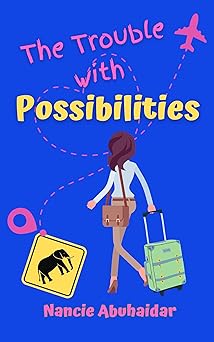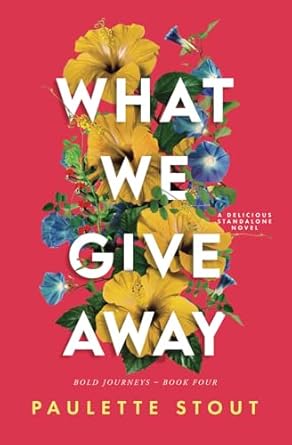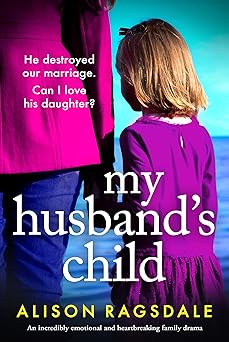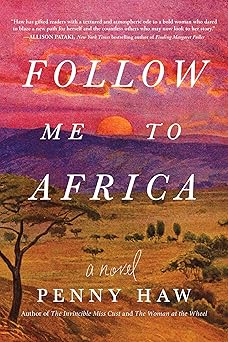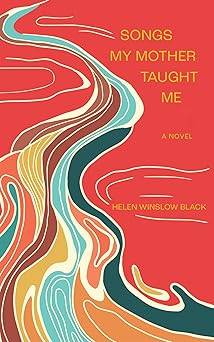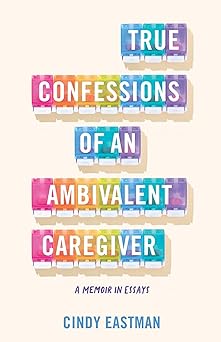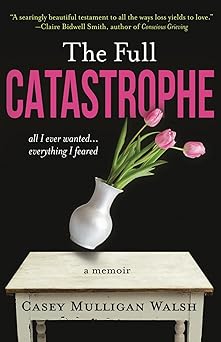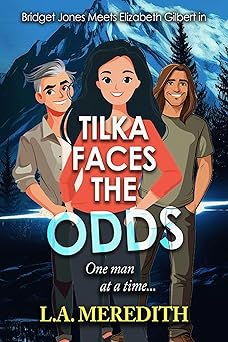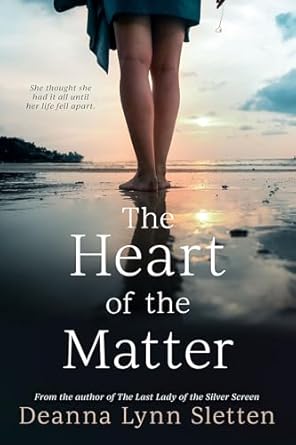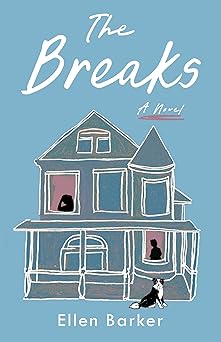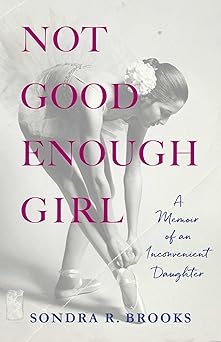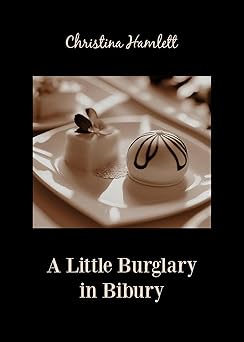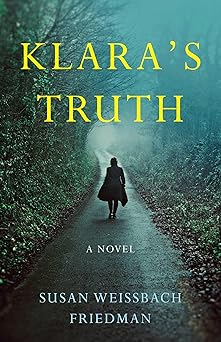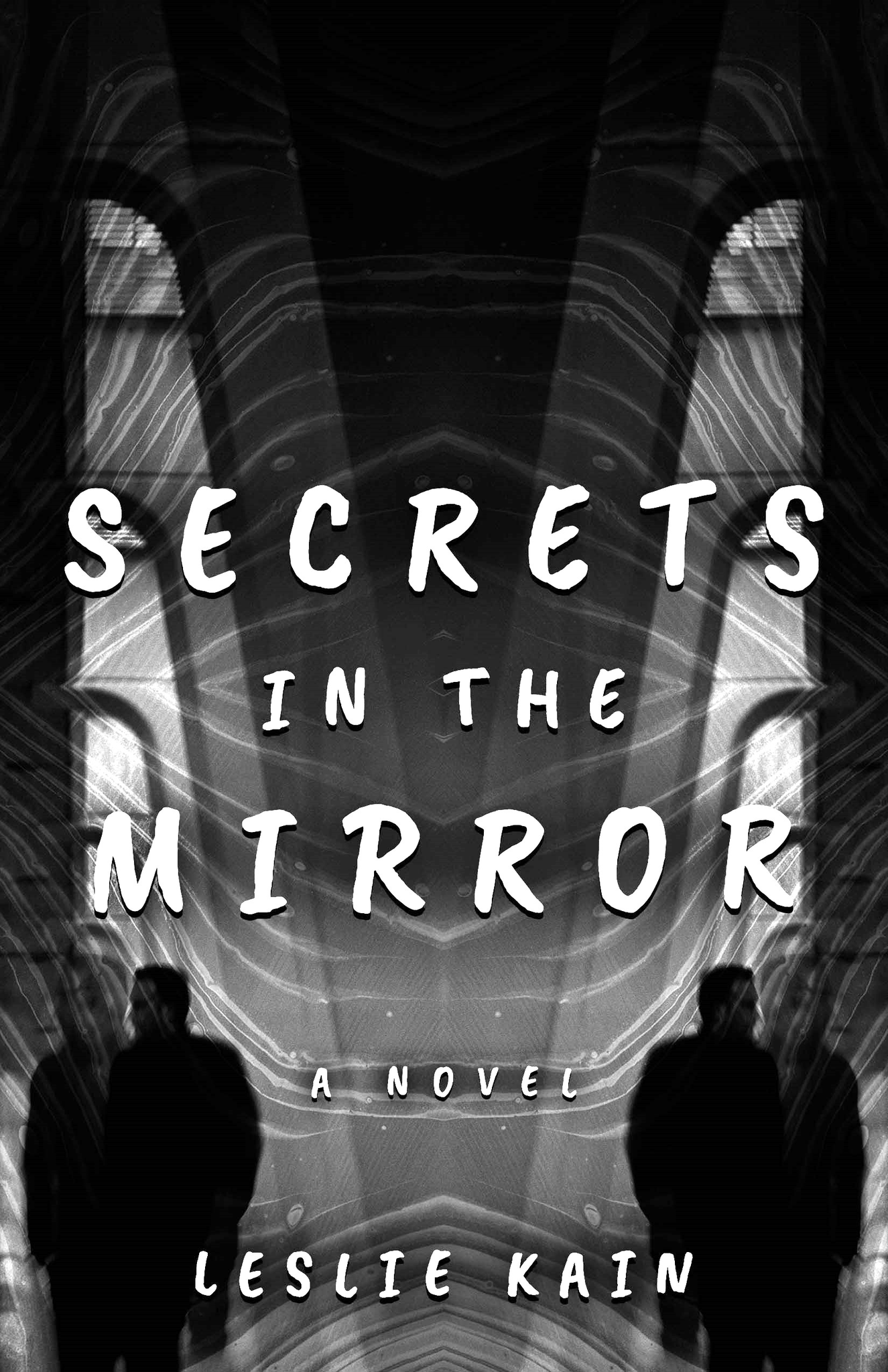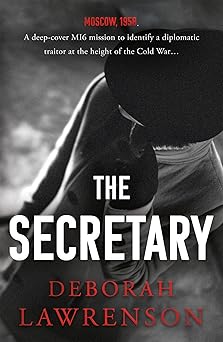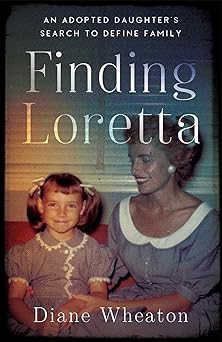Podcast #2: Home So Far Away: The Other Side
Podcast #2: Home So Far Away: The Other Side (read Podcast #1 HERE)
Interview with Rosario Sánchez Mora (1919-2008)
Theme music (De Falla, “Ritual Fire Dance”) fades to voice-over:
The Other Side, interviews with characters from Judith Berlowitz’s historical novel, Home So Far Away
Judith: Hello everyone, and welcome to The Other Side, a podcast that lets us meet characters from Home So Far Away. Here we learn more about their roles in Klara Philipsborn’s diary, the background events, and their lives before and since those moments. I’m Judith Berlowitz. Today we will be meeting a woman immortalized in the poetry of Miguel Hernández as “la dinamitera”, Rosario Sánchez Mora. [Music off]
J: Good morning, Rosario, and welcome to The Other Side. I hope English is no problem for you.
R: Good morning, Judith, and thank you for inviting me. From this side, there are no language barriers!
J: Ah, of course – wonderful! I always think of you as a girl, as you appear in Klara’s diary, but of course you almost reached 90. Was there anything about your childhood that accounts for your survival into old age?
R: Well, since my pueblo – my home town, Villarejo de Salvanés, was the scene of many intense battles through history, maybe the flame of battle was kept alive in me.
J: What about your family; did they fan your revolutionary flames?
R: I really don’t remember much about my mother. She died when I was so young. But my father was the president of Izquierda Republicana.
J: Oh, the Republican Left!
R: Yes, but between his meetings and his new family – his new wife and a new baby every year, I did not see him much. He wanted me to stay in the pueblo and go into teaching or midwifery, but there was no money. So I took the bus to Madrid, and stayed with neighbors. I was already 16 and a member of the JSU.
J: Juventudes Socialistas Unificadas?
R: That’s it, and they had organized free sewing classes. But in 1936, the war broke out. A guy showed up at a JSU meeting, pleading, “Volunteers, volunteers, volunteers!” Boys stood up and raised their fists; no girls. I looked around and finally stood up: “Can I volunteer?” “Of course!” So I soon found myself in Buitrago for training. They gave me a uniform – a boy’s – and a really heavy old musket – and sent me to the front lines in the mountains, to fight the fascists.
J: You must have been terrified!
R: Yes! I was afraid that the enemy would get through because of me. But life had directed me toward this path. I saw boys die all around me – the fascists’ weapons were so much more advanced.
J: Weren’t there other women in your division?
R: No! In fact, the guys all called me “the girl” – la chacha. They respected me completely and took such good care of me when my bomb blew off my hand.
J: Can you tell us more about that?
R: I filled the milk can with nails, broken glass, anything sharp, poured in the dynamite, stuck the fuse in and lit it. It had rained the night before so I didn’t feel any heat until “POW!” I don’t remember much but I think the boys saved my life because they made a tourniquet of alpargata straps and risked driving through the mountains to the hospital at La Cabrera. Captain Escobar was such a superb surgeon and Nurse Clara was so kind – like the mother I never really had.
J: And how were you rehabilitated?
R: Ha! In the middle of bombings! The fascists were just four kilometers outside Madrid and Largo’s government fled to Valencia. I got out of there and wanted to return to “Campesino’s” brigade, but they assigned me to the Agit-Prop Committee and had me delivering the mail to the soldiers. If the enemy spotted me, they yelled “puta” and fired at me. Back in Madrid, I met the poet Hernández and a handsome Catalan sergeant, Paco Burcet, whom I married. He was sent to Teruel, my first baby girl Elena was born, and I never heard from him again. Franco’s troops soon entered Barcelona and by your birthday, the war was over.
J: You know my birthday?
R: (ghostly laugh) Ha ha! Remember where I am? So I had to get out, and my father and I headed for Alicante with thousands of loyalist refugees. We hoped to board a boat to safety, but they caught us and threw us in a concentration camp.
J: El Campo de los Almendros?
R: Exactly. They shot my father but released me. I was seen all over Madrid but when I went to my pueblo just one time to pick up some clothes, the local Falangistas reported me and I was captured and sentenced to death. Those prisons were like a prolonged torture session. At Getafe there was a well in the prison yard but we were rationed to one small glass of water per day. We were about 50 women in one room, about the size of the one you are in now-
J: -You know the size-? er- oh, of course.
R: My sentence was commuted to thirty years and I am forever grateful to Matilde Landa, who was imprisoned with me at Las Ventas, for instructing me on my rights. You should probably interview her.
J: Good idea! I hope to do that!
R: So I got out after three years – on the very day of the death in prison of the poet Hernández. I had to sell cigarettes near the Cibeles, to support Elena and then Charo.
J: Weren’t you awarded a pension?
R: ¡Qué va! I wouldn’t take a cent from Franco. I never took money while I served the Republic either. I knew I would go to my grave without ever forgiving Franco.
J: And where is that grave?
R: In the Civil Cemetery in Madrid. I hope you will come and visit and sing the “Internationale”.
J: I will certainly do that. Thank you again, Rosario, for your dedication and for speaking to us at The Other Side.
[Last few seconds of music, then off]
—
 Los Angeles–born author Judith Berlowitz had just retired from her Spanish-teaching position at Oakland’s Mills College when her genealogical research uncovered a Gestapo record mentioning a relative, Klara Philipsborn, who was the only woman anti-fascist volunteer in the Spanish Civil War from the German state of Schleswig-Holstein. The few details of the report led to more research, which led to her first novel, HOME SO FAR AWAY.
Los Angeles–born author Judith Berlowitz had just retired from her Spanish-teaching position at Oakland’s Mills College when her genealogical research uncovered a Gestapo record mentioning a relative, Klara Philipsborn, who was the only woman anti-fascist volunteer in the Spanish Civil War from the German state of Schleswig-Holstein. The few details of the report led to more research, which led to her first novel, HOME SO FAR AWAY.
In addition to her career teaching Spanish and world cultures, and a stint as a tour guide, Judith is a card-carrying translator and has published in the field of ethnomusicology (Sephardic balladry), oral history, and Jewish identity. She sang for years with the Oakland Symphony Chorus and is now a member of the San Francisco Bach Choir. She lives in San Francisco with her husband, not far from her three daughters and three grandsons.
Find Judith online at the following:
https://judithberlowitzauthor.com
FaceBook pages: https://www.facebook.com/jberlowitzauthor (English, some Spanish); https://www.facebook.com/JBerlEsc (Spanish only)
Category: Interviews, On Writing

 A fictional diary set in interwar Germany and Spain allows us to peek into the life of Klara Philipsborn, the only Communist in her merchant-class, German-Jewish family. Klara’s first visit to Seville in 1925 opens her eyes and her spirit to an era in which Spain’s major religions, Judaism, Christianity, and Islam, shared deep cultural connections.
A fictional diary set in interwar Germany and Spain allows us to peek into the life of Klara Philipsborn, the only Communist in her merchant-class, German-Jewish family. Klara’s first visit to Seville in 1925 opens her eyes and her spirit to an era in which Spain’s major religions, Judaism, Christianity, and Islam, shared deep cultural connections.


